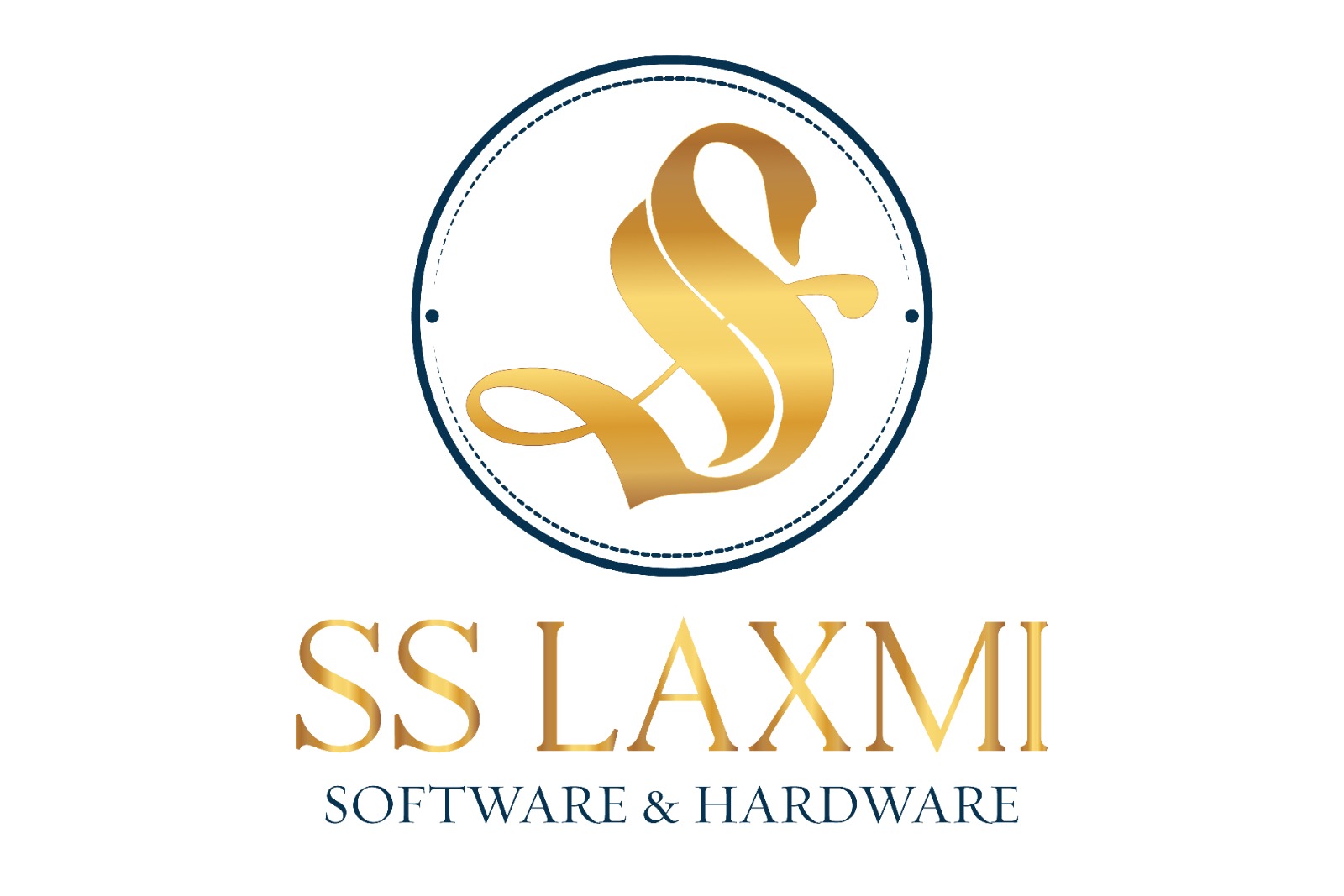With over 700 million registered users across the globe, Dropbox has simplified the way millions of people store and share files across different devices. Although it remains a preferred choice for businesses and individuals, there are several factors that may prompt users to look at other options.
Dropbox isn’t the best choice for many businesses, especially those who have a large amount of visual content with their clients. With the limited metadata support accessing videos or photos in Dropbox is https://dataroomlabs.com/ a major challenge. Users are often forced to rely on filenames or folder names which can be difficult to remember and filter by. Additionally, Dropbox only retains past versions of files for a period of 30 days (on its free plan) or up to 365 days with paid plans.
The most suitable alternatives to dropbox are designed to remove these limitations and provide options that address other requirements of business. Bynder, for example, is an image management program that can help organizations manage shared media files more effectively and innovate.
Google Drive and iCloud Drive are also important Dropbox competitors. Both offer a centralized storage facility that is accessible from any device. iCloud Drive is a powerful productivity tool that allows users to simplify their work. It also lets collaborative editing. Google Drive has advanced search options, with “search chips,” which suggest documents when you type. You can also refine your searches by document types or dates.
